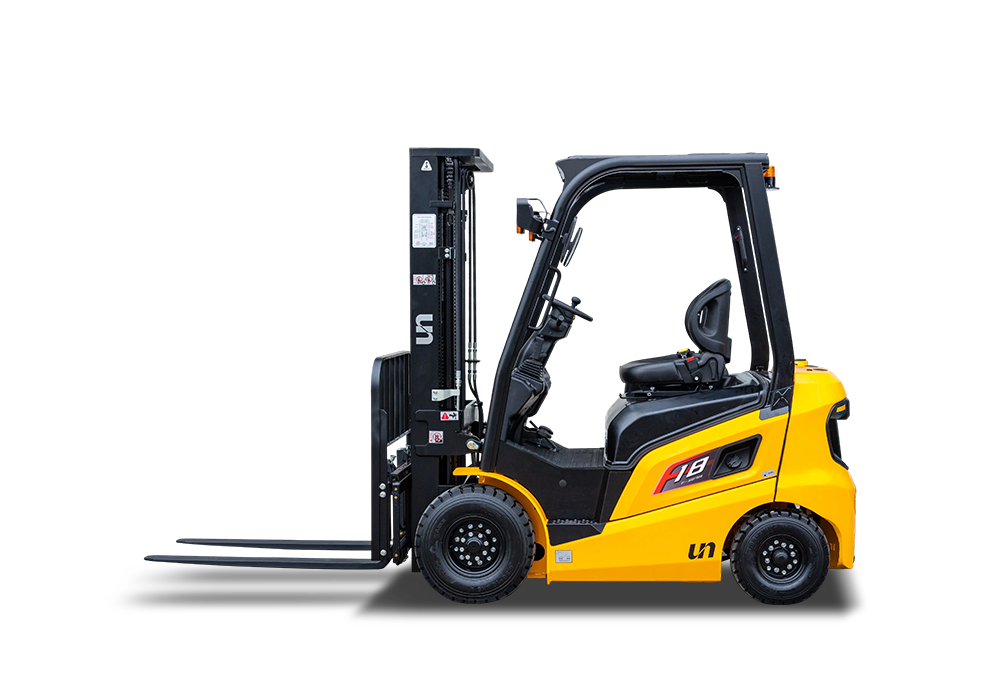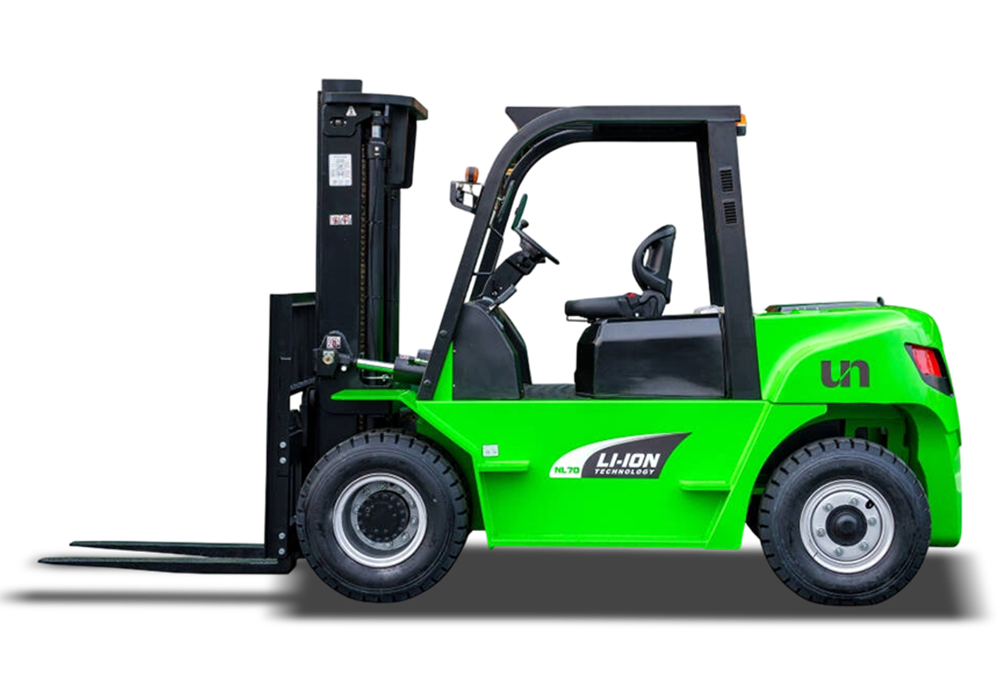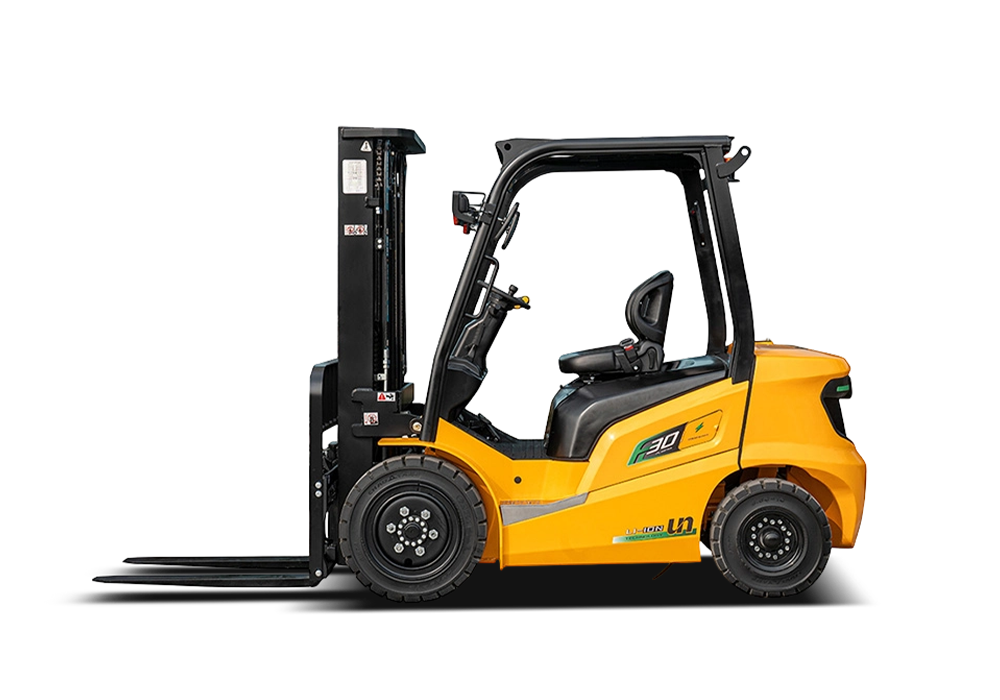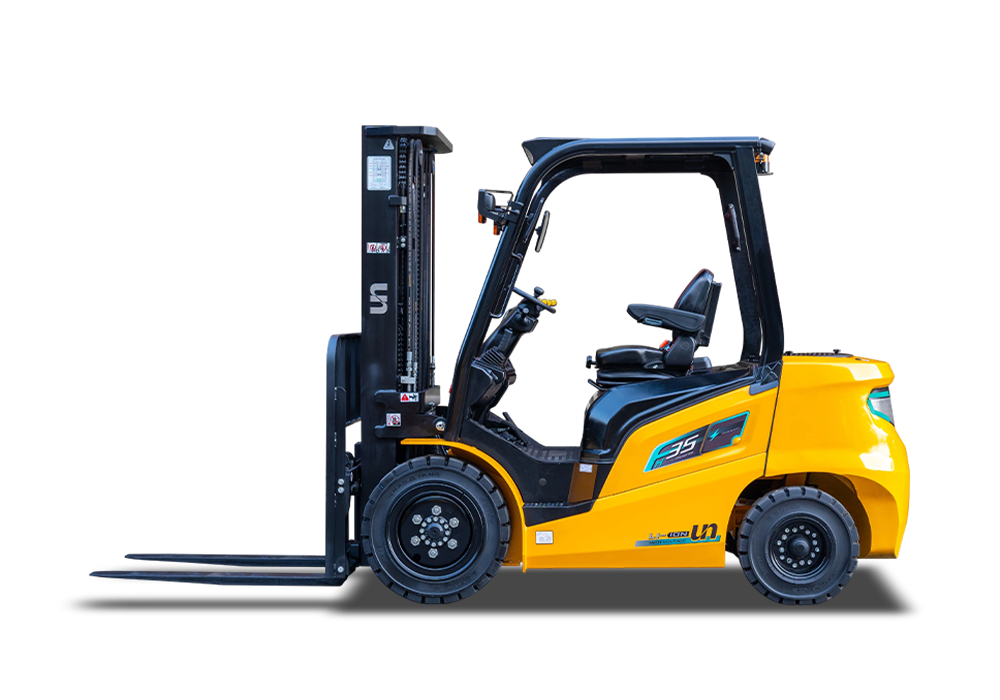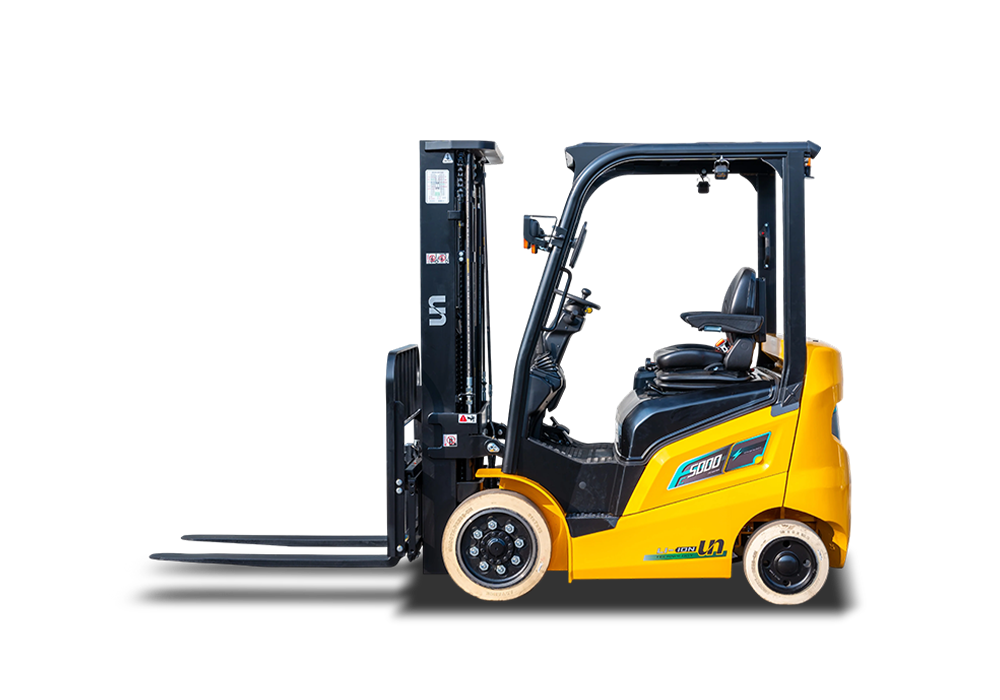Is diesel forklifts more suitable for high-intensity, long-term operations due to their power characteristics?
Admin 2025-10-01Power Output and Performance Characteristics
Diesel forklifts demonstrate superior torque generation at lower RPM ranges compared to electric or LPG alternatives, making them particularly effective for heavy load handling. The mechanical propulsion system with diesel internal combustion engines (ICE) achieves higher compression ratios (up to 16:1) which translates to greater expansion stroke work output. This enables consistent performance when moving payloads between 1.6 to 5 tons across prolonged operational periods without power degradation.
Durability in Demanding Environments
Engineered with reinforced chassis components and robust drivetrain systems, diesel forklifts withstand harsh operating conditions including uneven terrain, dust exposure, and moisture. Their design prioritizes mechanical resilience over precision components found in electric models, reducing vulnerability to environmental stressors. The absence of sensitive battery systems or electronic controllers in critical movement functions enhances reliability during continuous outdoor use.
Operational Efficiency in Heavy-Duty Cycles
While fuel consumption remains a consideration, modern diesel forklifts incorporate efficiency optimizations through turbocharging and advanced fuel injection systems. Industrial-grade engines maintain stable performance curves across extended shifts, avoiding the power tapering effects seen in battery-dependent equipment during prolonged use. The energy density of diesel fuel permits longer uninterrupted operation compared to battery recharge intervals.
Thermal Management and Cooling Systems
Diesel powertrains feature heavy-duty cooling configurations to manage heat accumulation during intensive operations. Larger radiator capacity and optimized airflow designs prevent overheating during multi-hour loading cycles. This thermal resilience proves advantageous in high-ambient temperature environments where electric systems might require performance throttling to protect battery integrity.
Maintenance Requirements for Continuous Use
The service intervals for diesel forklifts align with extended operation needs, focusing on mechanical wear components rather than electrochemical degradation. Regular maintenance involves diesel particulate filter servicing, oil changes, and drivetrain inspections - all scheduled around operational hours rather than calendar time. This predictability facilitates uninterrupted heavy-use scheduling in industrial settings.
Load Handling Capabilities
Diesel forklifts achieve superior load moment ratings through counterweight optimization and hydraulic system pressure characteristics. The instantaneous torque availability allows smooth lifting of maximum capacity loads from ground level to full mast height without hesitation. This proves critical in applications like metal processing or construction material handling where load weights remain consistently heavy.
Environmental Adaptability
Designed primarily for outdoor applications, diesel forklifts perform reliably across temperature extremes from sub-zero conditions to desert heat. Their combustion systems maintain operational readiness without the cold-weather limitations of battery-powered alternatives. The mechanical drivetrain components resist moisture intrusion better than sensitive electronic systems in competing technologies.
Economic Considerations for Long-Term Deployment
While initial acquisition costs may compare favorably to electric models, the total cost calculation for diesel forklifts factors in their extended service life under heavy loads. The absence of battery replacement cycles and simpler electrical architecture reduces long-term ownership expenses in high-utilization scenarios. Fuel costs become proportionally less significant as operational hours accumulate.
Safety Features for Intensive Operations
Diesel models incorporate reinforced overhead guards and heavy-duty braking systems to accommodate the inertial forces generated during constant heavy load movement. The stability parameters account for dynamic load shifting during rapid directional changes common in high-throughput environments. Operator cabins prioritize visibility and vibration damping for extended shift comfort.
Transmission and Drivetrain Optimization
Manual transmissions remain prevalent in diesel forklifts due to their mechanical efficiency advantages in heavy-load scenarios. Electronically controlled power shifting systems assist operators in selecting optimal gear ratios for varying load conditions without sacrificing torque transfer efficiency. The direct mechanical coupling between engine and drive wheels minimizes energy losses during frequent start-stop cycles.
Fuel System Reliability
Modern diesel engines incorporate multiple filtration stages and water separation technology to maintain fuel purity despite demanding operating conditions. The fuel handling systems prevent performance degradation from particulate contamination, a critical factor in long-duration operations where downtime proves costly. Proper storage tank design further ensures consistent fuel quality delivery.
Noise and Vibration Profiles
The characteristic diesel engine acoustics and vibration patterns remain consistent throughout operational life, unlike electric motors which may develop harmonic vibrations as components wear. While generally louder than electric alternatives, the predictable noise profile allows for effective hearing protection planning in industrial settings.
Resale Value and Equipment Lifecycle
Diesel forklifts maintain higher residual values in secondary markets due to their mechanical simplicity and rebuild potential. Core components like engines and transmissions often undergo multiple refurbishment cycles, extending the equipment's usable lifespan well beyond initial deployment periods in heavy-use applications.
Operator Interface Design
Control layouts prioritize mechanical feedback and tactile response over digital interfaces, reducing cognitive load during repetitive material handling tasks. The instrumentation focuses on essential parameters like hydraulic pressure, coolant temperature, and fuel level - all critical indicators for maintaining continuous operation.
Comparative Analysis with Alternative Power Systems
When evaluated against electric or hybrid systems for high-intensity applications, diesel forklifts demonstrate advantages in sustained power delivery, thermal tolerance, and mechanical simplicity. Their performance characteristics align closely with the demands of industries requiring continuous heavy load movement, such as ports, steel mills, and large-scale construction projects.
For exclusive deals and latest offers, sign up by entering your email address below.




